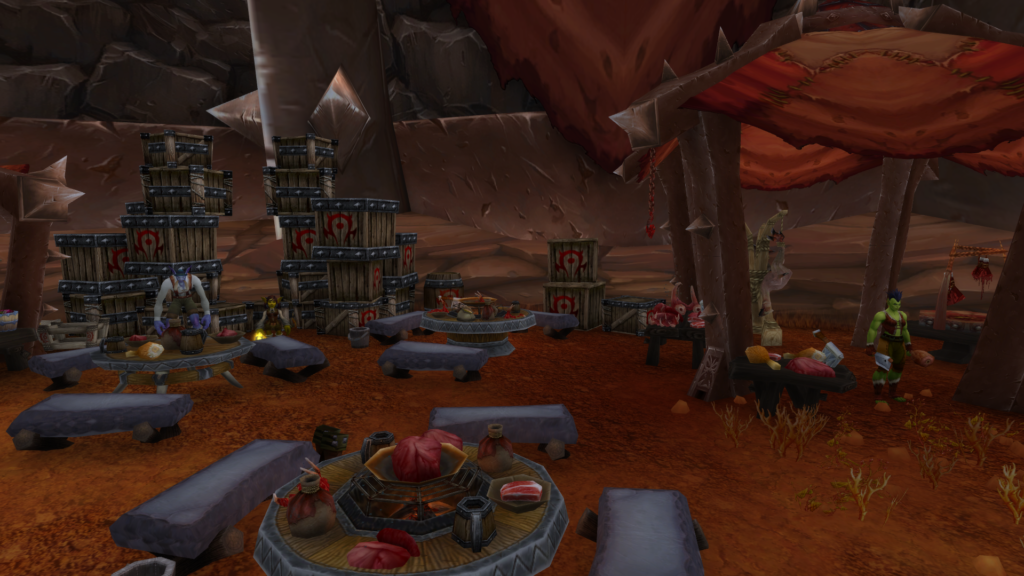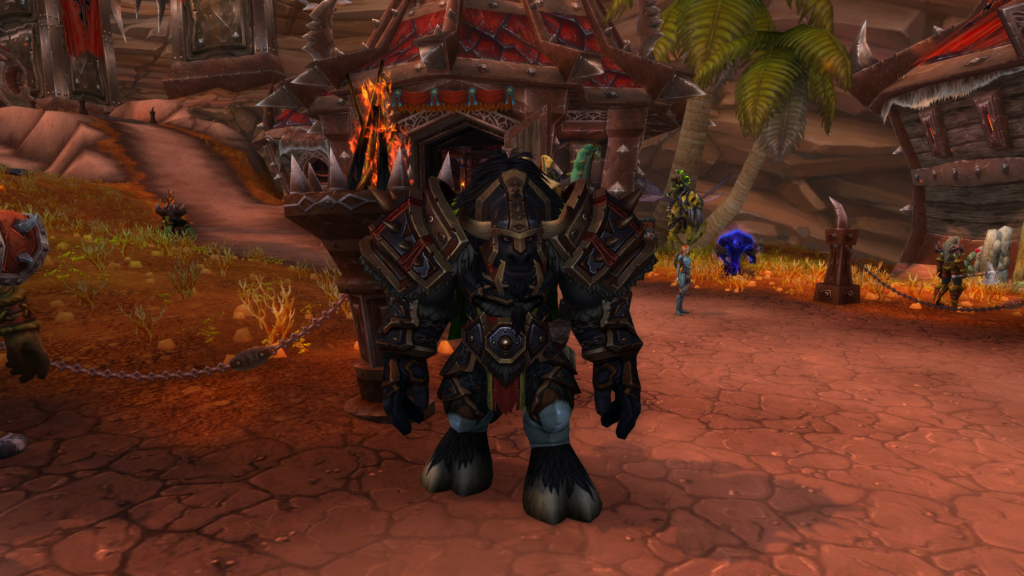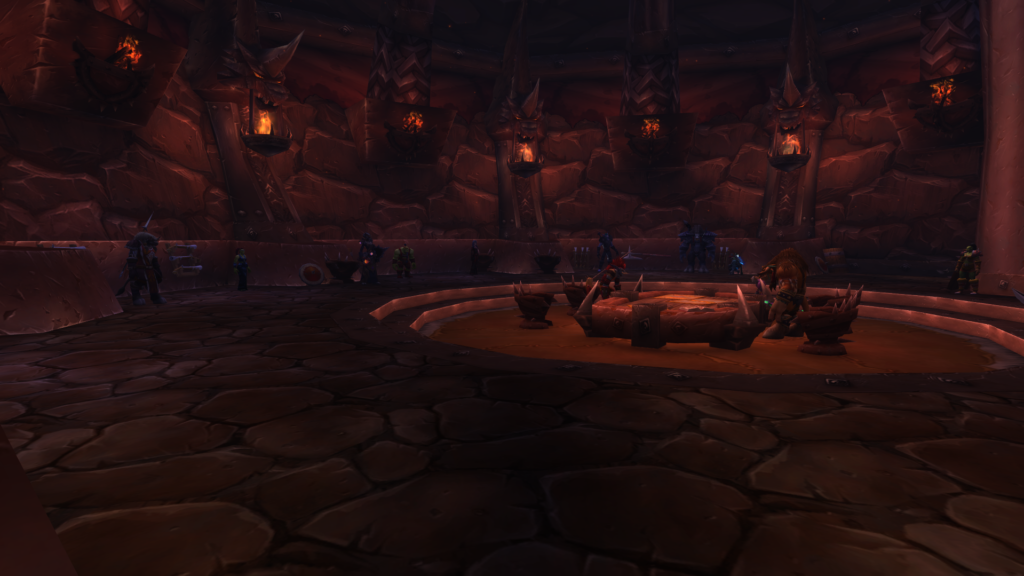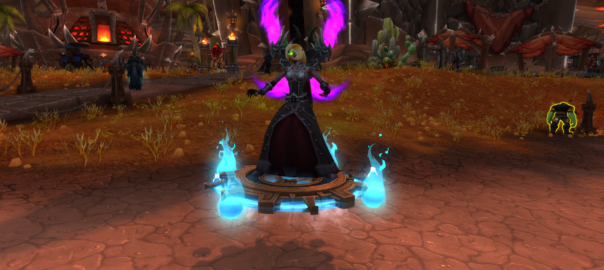Raiding in the popular online game World of Warcraft (WoW) requires a great deal of coordination and teamwork. To ensure that runs are successful, raid leaders have to understand all aspects of the raid environment they are leading and be prepared with tips and strategies for their group.
This article explores the various responsibilities and tips for an effective raid leader in WoW. It will discuss how to:
- Understand the raid encounter
- Assign roles
- Strategize and communicate
- Manage the group
- Monitor progress and adjust accordingly
- Provide feedback and recognition
- Troubleshoot any issues that may arise.
Key Takeaways
- Raid leaders must have a thorough understanding of raid encounters and be prepared with strategies.
- Effective communication and assigning clear roles are crucial for successful raiding.
- Monitoring progress, providing feedback, and recognizing team members’ contributions boost morale.
- Troubleshooting issues and adapting strategies based on group expectations are essential for success in raids.
Understand the Raid Encounter

Knowledge of the raid encounter is essential for successful execution of a raid leader’s duties. Raid leaders must familiarize themselves with the strategies and mechanics of the raid, including unique features, requirements, and abilities specific to each boss.
It is important for leaders to be able to adapt their strategies as needed in order to meet the expectations of their group; this includes compensating for any weaknesses or mistakes that may arise during an encounter.
Effective raid leaders should also be adept at managing expectations by setting clear goals and staying organized throughout a fight. To do so, they must take into account all factors such as group composition, item level, individual performance, etc., and use this information to create an environment where everyone can reach their peak potential.
Transitioning into assigning roles allows these guidelines and strategies to become reality during raids; it is the job of the leader to make sure everyone knows what needs to be done in order for success.
Assign Roles
Assessing roles within a group setting is essential for success; thus, how can one effectively assign these roles?
Coordinating roles and delegating tasks can be achieved by having the raid leader research the encounter beforehand so that they are well-educated on what specific jobs need to be completed. This allows them to create and assign appropriate roles to each member of the raid team.
Additionally, it is important for the raid leader to give clear instructions on what each person needs to do in order for success. This requires good communication skills as well as an understanding of all class abilities and combat strategies.
Furthermore, it is necessary for the team members to understand their individual responsibilities and adhere to them throughout the duration of the encounter. By doing this, each member has a shared understanding of their role which leads to better performance overall.
In conclusion, assigning roles properly is paramount when leading a raiding party in World of Warcraft and requires detailed organization as well as effective communication in order for success. To ensure successful execution during an encounter, it is also necessary for players to strategize together and communicate clearly with one another.
Strategize and Communicate
In order to ensure successful execution during a raid encounter, it is essential for players to strategize and communicate together effectively. By encouraging teamwork and forming strategies that are tailored to the group’s composition, both individual player performance and overall raid effectiveness can be improved. The Raid Leader should take initiative in guiding the conversation before each encounter to ensure everyone has an understanding of what needs to be done and how they can collaborate with one another.
The following table outlines some specific tips for Raid Leaders when strategizing with their team:
| Tip | Description |
|---|---|
| Establish Roles | Assign roles according to each player’s strengths so everyone knows what their job is within the group. |
| Break Down Strategies | Explain each step of the strategy in detail so every player understands their part in it. |
| Set Expectations | Clarify expectations by outlining not only what must be done, but also how it should be done. |
| Create a Backup Plan | Have contingency plans ready if something goes wrong or objectives cannot be met on time. |
By following these steps, Raid Leaders can help create an environment where everyone feels comfortable communicating and working together as a team towards success. With effective strategizing and communication, raids become more efficient and enjoyable for all involved.
Manage the Group
Managing a group of players during a raid encounter requires a multifaceted approach that includes both directing and delegating duties.
Establishing trust is essential for the success of the raid, as it will create an atmosphere in which players feel comfortable enough to vocalize their needs and concerns.
Additionally, setting expectations can help ensure that each player understands what is expected of them during the encounter.
Raid leaders should strive to be organized and experienced when leading raids; this will help ensure that everyone knows what they need to do and when they need to do it.
Finally, clear communication between the members of the group should be prioritized in order to keep everyone on track for success.
By taking these steps into account, raid leaders can ensure that their groups are successful in taking down powerful enemies.
To further maximize chances at success, however, it is important to monitor progress and adjust accordingly.
Monitor Progress and Adjust

Monitoring progress throughout the encounter and adjusting tactics accordingly is essential to ensure success. Raid leaders need to be aware of how their team is performing, and determine when it’s time to switch up strategies or adjust plans mid-raid.
Making necessary changes can help motivate the team, as they will see that their leader is actively looking for solutions and adapting to the situation. Raid leaders should also provide clear feedback on what went wrong so that issues can be addressed in a timely manner, and team members can work towards finding solutions together.
Additionally, providing recognition for successes during an encounter will help boost morale and keep spirits high, even during difficult encounters. This encourages teamwork which is key in achieving victory in any raid setting.
Provide Feedback and Recognition
Providing feedback and recognition to a team is essential for successful raid encounters.
For example, after succeeding in a difficult encounter, the raid leader could recognize individual team members’ contributions to the victory and provide constructive feedback on areas needing improvement.
Acknowledging success and rewarding progress can be done in many ways:
- Verbal acknowledgment of success by the raid leader or other players
- Adding new challenges to keep the group motivated
- Rewarding with rewards such as gold, experience points or items
- Encouraging a sense of community between players by having celebratory events like an after-raid party
These tactics will help ensure that everyone remains engaged and motivated throughout the raiding process.
Troubleshooting issues that arise during a raid requires careful consideration from both sides in order to achieve a successful outcome.
Troubleshoot Issues
The previous subtopic discussed the importance of providing feedback and recognition to players in order to foster an environment of learning.
This current subtopic will focus on a raid leader’s role in troubleshooting issues that arise during a raid instance. As the raid leader, it is essential for them to prioritize issues while also analyzing possible solutions.
This requires excellent problem-solving skills and knowledge of the game mechanics with regards to both class roles and encounters. It is important for a raid leader to remain calm when addressing any issues as this will help maintain morale and prevent confusion among other players.
Conclusion

To be an effective raid leader, one must have an extensive knowledge of the encounter.
They should assign roles that make the most of each group member’s abilities and strengths.
It is important for them to communicate strategies clearly to the team.
They also need to manage people effectively during challenging moments.
Monitoring progress and adjusting accordingly is another key responsibility.
Giving constructive feedback and recognizing efforts is essential.
Being a successful raid leader is much like being a conductor leading a symphony orchestra – it takes skillful instruction to bring out the best in each musician.
With enough practice and dedication, anyone can become a master at leading raids.
Always check our blog for updates!

